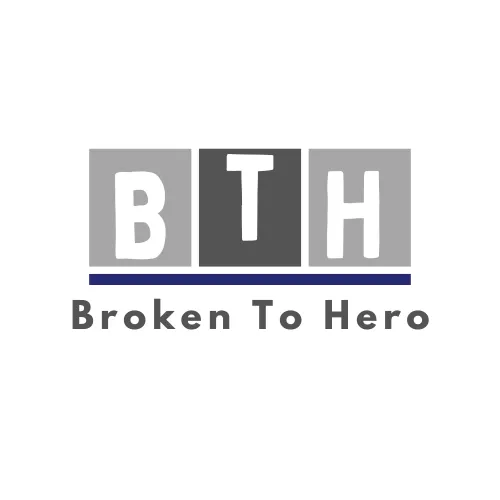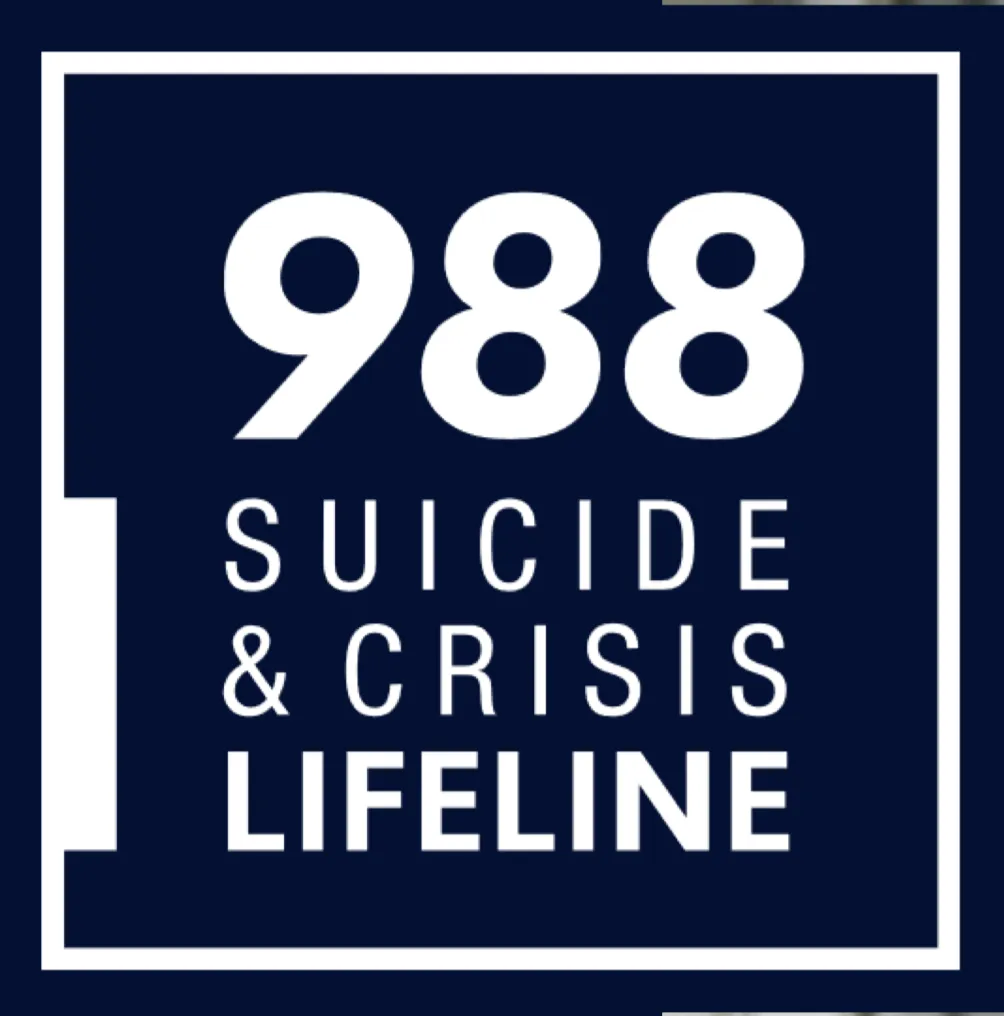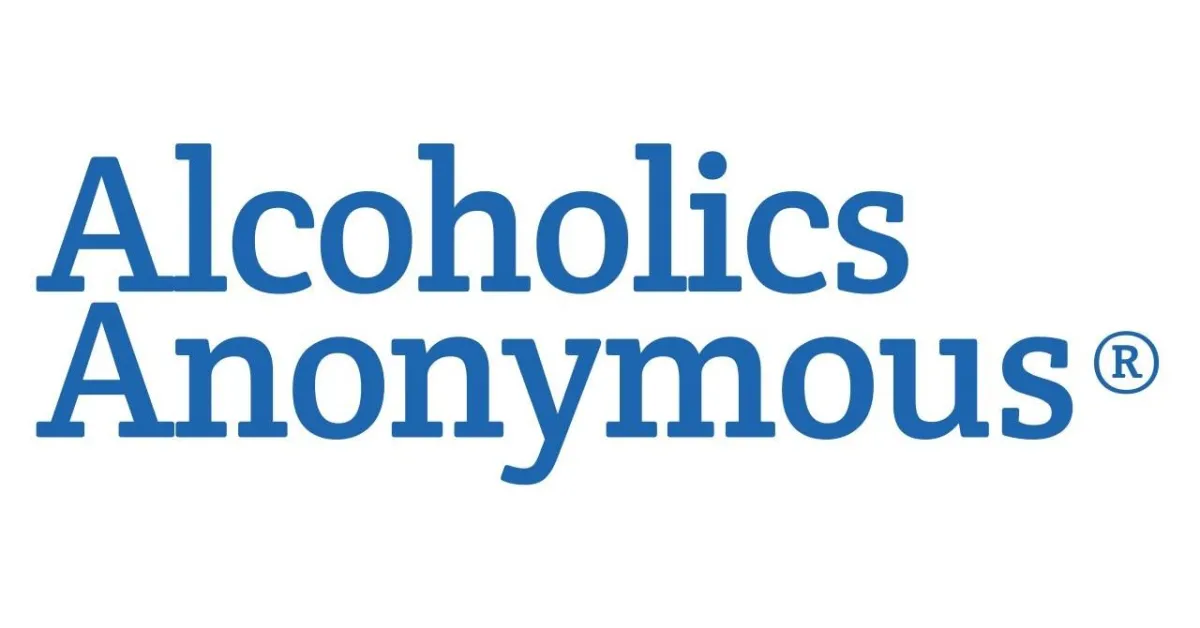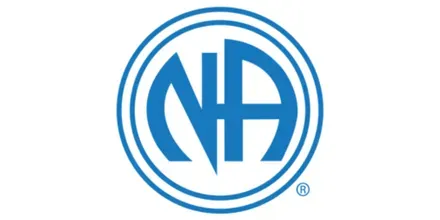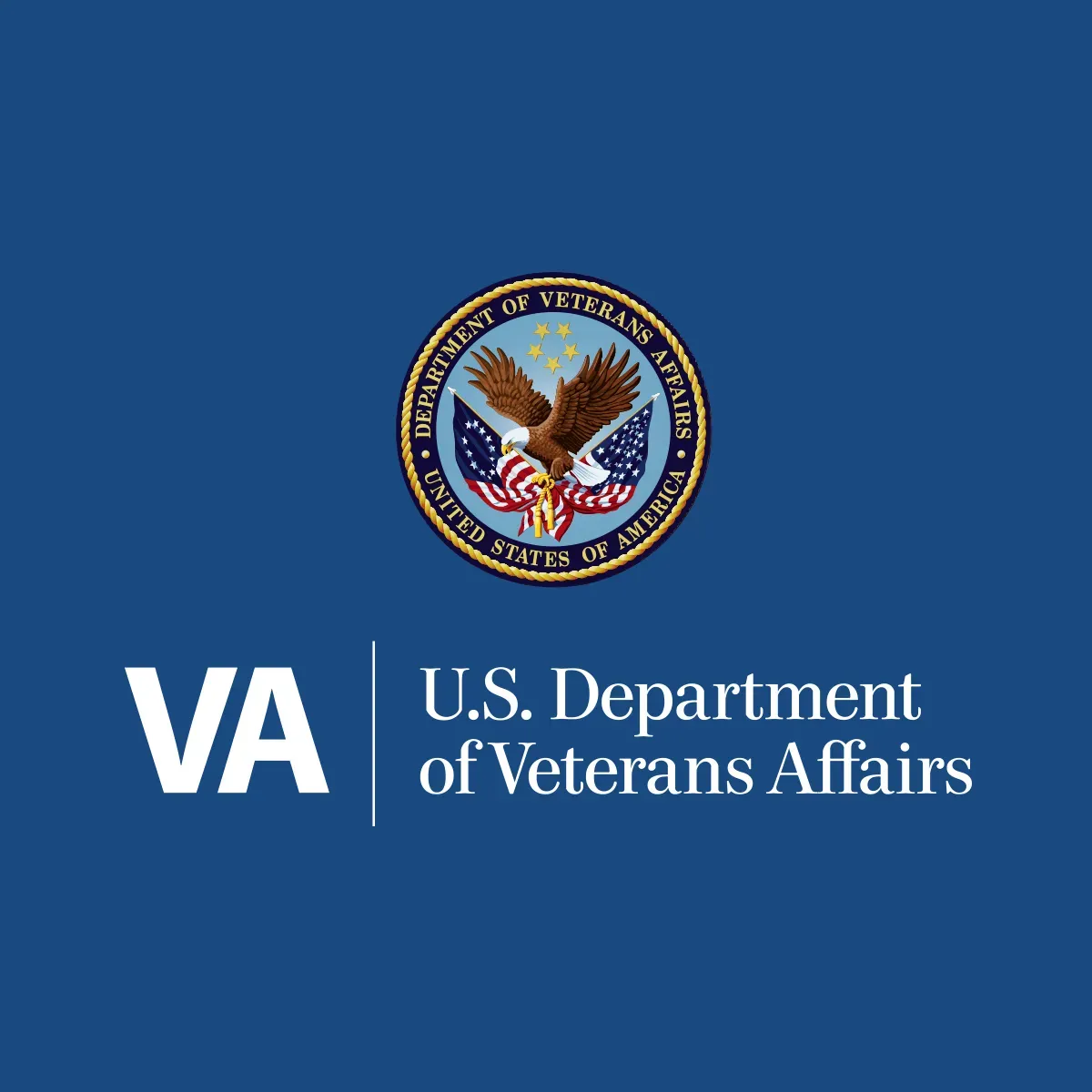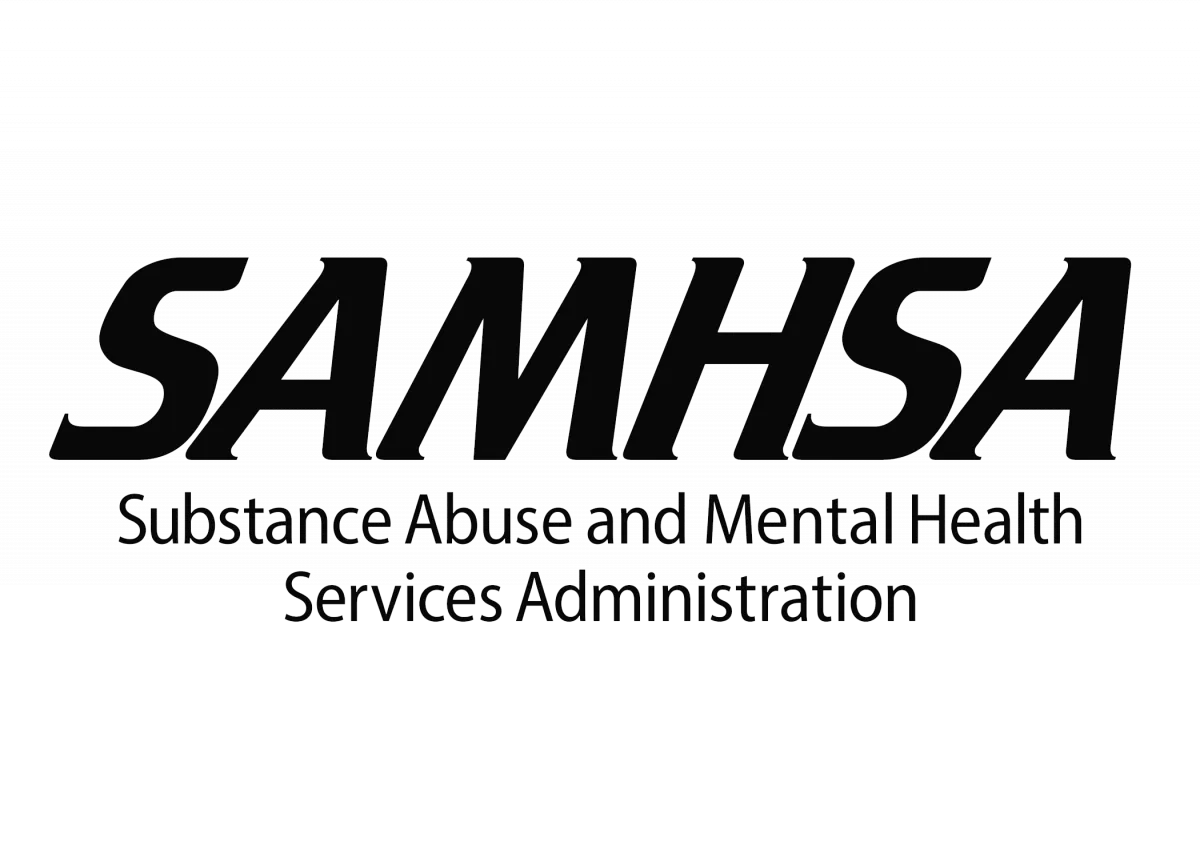Relapse Prevention: Strategies for Sustaining Recovery
FAQS
How does life coaching differ from therapy?
While both life coaching and therapy aim to support personal growth, they have distinct approaches. Therapy typically focuses on addressing past traumas, emotional healing, and diagnosing mental health conditions. On the other hand, life coaching is forward-focused, centered around setting and achieving goals, enhancing performance, and unlocking potential. If you're seeking to overcome specific challenges from your past, therapy might be more suitable. If you're looking to create a roadmap for personal or professional success, life coaching could be the right fit.
How often are coaching sessions conducted?
Coaching sessions frequency can vary based on your needs and preferences. Typically, we recommend starting with weekly sessions to establish momentum and make consistent progress. As you gain confidence and traction towards your goals, sessions might transition to bi-weekly or monthly. The flexibility of our approach ensures that the coaching frequency adapts to your evolving requirements, ensuring optimal support and accountability.
What if I'm unsure about my goals and direction?
It's completely normal to feel uncertain about your goals and direction. Our coaching process begins with an initial assessment where we'll work together to clarify your aspirations, values, and priorities. Through insightful questioning and exploration, we'll collaboratively uncover your passions and potential areas for growth. If you're not entirely sure about your goals, our coaching can help you gain clarity and chart a course that aligns with your authentic self. Remember, the journey towards clarity is an integral part of the coaching process itself.
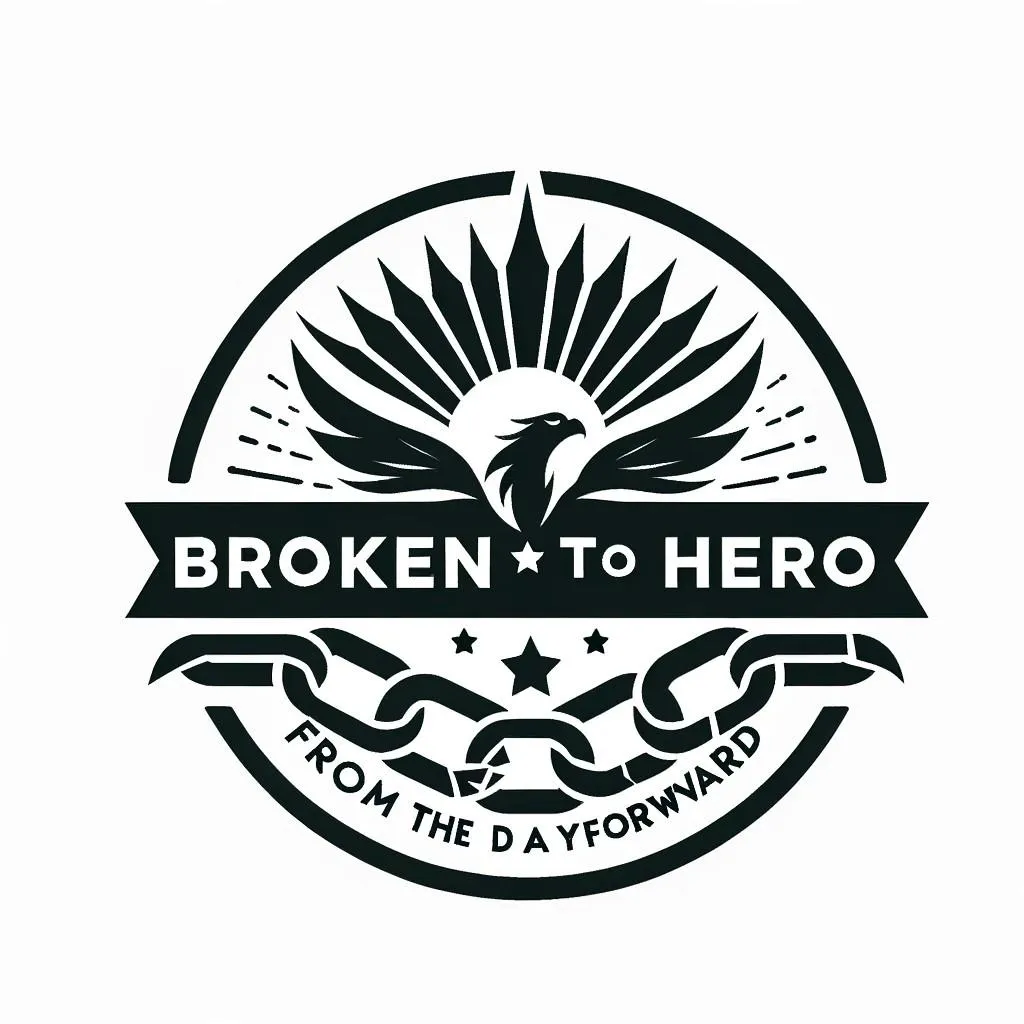
Introduction to Course
Welcome to our comprehensive 8-module course designed to equip you with the essential knowledge and tools to prevent relapse and maintain long-term recovery from addiction. Each module, lasting approximately 30 minutes, concludes with seven carefully crafted questions to reinforce your learning.

Module 1: Understanding Relapse
Relapse is defined as the return to substance use after a period of abstinence, and it occurs in stages: emotional, mental, and physical. Common triggers include emotional, environmental, and social factors, and recognizing early warning signs is crucial for prevention.

Module 2: Building a Strong Foundation
Developing a relapse prevention plan involves understanding the key components of an effective strategy and personalizing it to fit your needs. Establishing healthy routines is essential for maintaining structure in daily life, with practical tips provided for creating and sustaining these routines.

Module 3: Coping Strategies
Managing stress and emotions involves learning techniques for stress reduction and developing emotional regulation skills. Building supportive relationships through healthy communication, setting boundaries, and resolving conflicts is also essential for maintaining emotional well-being.

Module 4: Enhancing Mindfulness and Self-Awareness
Practicing mindfulness includes an introduction to mindfulness practices and daily exercises to incorporate them into your routine. Increasing self-awareness through self-reflection techniques and journaling for recovery is also emphasized for personal growth.

Module 5: Dealing with High-Risk Situations
Identifying high-risk situations involves recognizing common scenarios that may lead to relapse and planning ahead to avoid them. Coping with cravings requires strategies to manage and reduce them, along with tools to use during high-risk times.

Module 6: Seeking Support and Accountability
Building a support network highlights the importance of community and support groups, including how to find and join them. Working with sponsors and mentors involves understanding their role in recovery and selecting the right one to guide you.

Module 7: Long-Term Maintenance
Celebrating milestones and progress emphasizes the importance of recognizing achievements and finding healthy ways to celebrate. Continual growth and learning involve staying committed to personal development and utilizing resources for ongoing education.
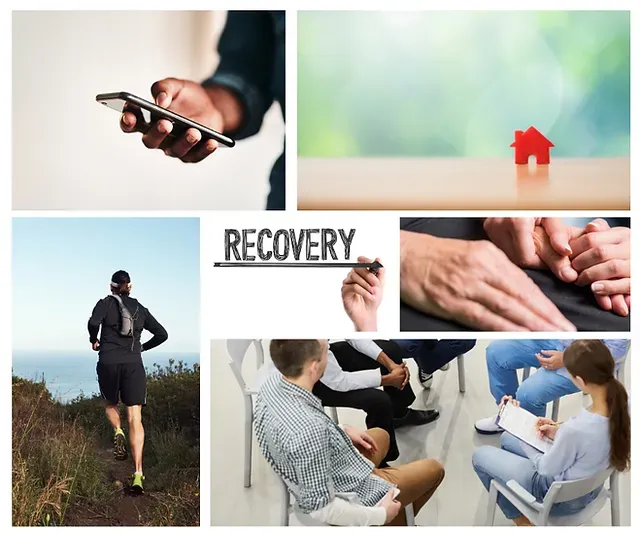
Module 8: Special Topics and Resources
Dealing with setbacks includes understanding what to do if a relapse occurs and how to get back on track. Additional resources, such as books, websites, and organizations, offer further support and help integrate new tools and techniques into your plan.
Available Help
988 Suicide and Crisis Lifeline We can all help prevent suicide. The 988 Lifeline provides 24/7, free and confidential support for people in distress, prevention and crisis resources for you or your loved ones, and best practices for professionals in the United States.
Find A.A. Near You This website does not contain a meeting finder. Contact one of the A.A. resources below for a meeting list in that location and the surrounding area.
The Online Intergroup of Alcoholics Anonymous, or OIAA, is an International service organization established in accordance with the Ninth Tradition of Alcoholics Anonymous A.A., specifically for the purpose of assisting online.
All of the efforts of Narcotics Anonymous are inspired by the primary purpose of our groups. Upon this common ground we stand committed.
Marijuana Anonymous is a simple program based on one addict helping another.
A simple, supportive approach to mental health care. Find a therapist who fits your needs and takes your insurance.
The United States Department of Veterans Affairs is a Cabinet-level executive branch department of the federal government charged with providing lifelong healthcare services to eligible military veterans at the 170 VA medical centers and outpatient clinics located throughout the country.
NAMI is the National Alliance on Mental Illness, the nation’s largest grassroots mental health organization dedicated to building better lives for the millions of Americans affected by mental illness.
If you or someone you know has a mental illness, is struggling emotionally, or has concerns about their mental health, there are ways to get help.
The Substance Abuse and Mental Health Services Administration (SAMHSA) is the agency within the U.S. Department of Health and Human Services (HHS) that leads public health efforts to advance the behavioral health of the nation and to improve the lives of individuals living with mental and substance use disorders, and their families.
The National Network of Depression Centers (NNDC) develops and fosters connections among members to use the power of our network to advance scientific discovery, and to provide stigma free, evidence-based care to patients with depressive and bipolar illnesses.
